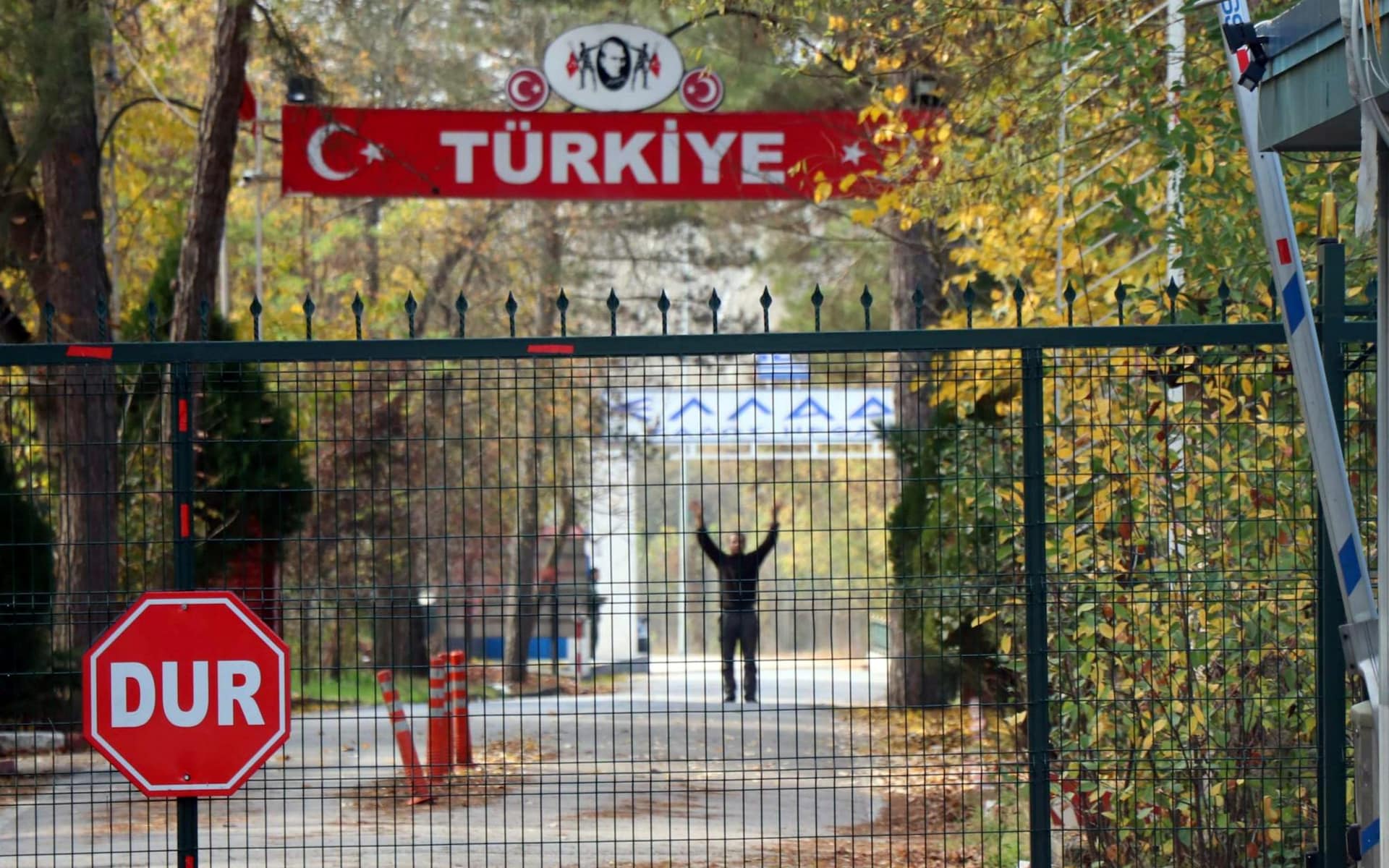Turkey’s Daesh deportations pose a massive dilemma for Europe

With the instability in the Middle East growing by the day, European countries can no longer remain deaf and blind to the problems on their doorsteps.
As the flow of refugees has increased, borders have become porous, territoriality more fluid, and cultural boundaries shakier. Not surprisingly, these developments are not welcomed by European countries. Faced with a stark reality, they are panicking about the resultant risks to their own stability and security.
And now, after the flood of refugees, European nations face a second nightmare: The repatriation of their citizens who joined Daesh.
Ankara’s decision to send back to their home countries those foreign citizens who supported the terror group has forced Europe to confront a serious problem it had tried to avoid. Turkey recently sent a dozen Daesh members and their relatives back home to Britain, Denmark, Germany and the US, and President Recep Tayyip Erdogan has said hundreds more will follow. According to Turkish officials, Turkey is holding 2,280 Daesh members from 30 countries — all of whom will be deported.
This matter of the deportation of Daesh members and their families who were captured in Syria is controversial. Turkey argues that foreign-born terrorists should be sent home to their countries of origin, but many European nations have resisted this repatriation in a number of ways.
Britain, for example, stripped more than 100 people of citizenship to prevent them from being sent back. The French also staunchly oppose the repatriation of its citizens from Syria.
Germany, on the other hand, has taken steps to accept the return of suspected Daesh members. Officials said more than 130 people left the country to join the terror group, 95 of whom are German citizens and have the right to return to the country. French officials, however, said there has been no change in their policy and that those who left to join Daesh will not be allowed to return home or stand trial on French soil.
Suleyman Soylu, Turkey’s interior minister, criticized the uncooperative European countries, saying that their attempts to avoid dealing with the problem are unacceptable.
“When there is a Daesh member, they cancel his or her citizenship, making the person stateless. Then, they take no responsibility. We are not a hotel for Daesh members from other countries,” he said.
There is a growing populist opposition across Europe from a section of public unwilling to accept the return of those who joined the terrorists, over fears about the long-term threat they might pose. This has left many European leaders caught in limbo between seeking alternative ways to prosecute them or accepting their repatriation.
One solution is the prosecution of terror suspects by an international tribunal in Iraq. Seven French nationals have already been tried in a terrorism court in Baghdad, where they were given death sentences.
What happens to the European terror suspects and their families has the potential to become yet another source of conflict between Turkey and its European allies.
Sinem Cengiz
But European leaders cannot escape the reality that these people were radicalized on home soil. Just as Germany and some other European countries have rolled up their sleeves to deal with the issue of the repatriation of militants, the others should follow suit as this is the only way to guarantee the safety and security of Europe.
The issue of repatriation does not end here. The other complicated aspect of the problem is that nearly two-thirds of western European detainees, about 700, are children, many of whom have lost one or both parents. The downfall of the terrorist organization has left their fate in question.
The issue what to do with the children of foreigners who fought with Daesh in Syria and Iraq is posing a dilemma for the governments of their home countries. This is not a problem only in Europe, but the numbers are higher and risks far greater there than for the US or central Asian countries, for example. It is believed that more than 1,100 European citizens are detained in areas of northern Syria once controlled by Daesh.
Erdogan stated that some countries panicked when Turkey began the process of repatriating foreign Daesh terrorists. “Turkey has been worrying about this issue for years; let others worry now,” he said. With this statement, he sent the message that Turkey does not care about European concerns, just as Europe did not care about Turkey’s. Ankara also wanted to respond to allegations that it was not doing enough to counter the terrorist organization.
What happens to these European terror suspects and their families has the potential to become yet another source of conflict between Turkey and its European allies, who have spent large amounts of money to block the flow of asylum seekers from conflict-torn countries.
There is a well-known saying that advises there is no point fearing the inevitable. It is perhaps the perfect reminder of the situation, and a lesson, for those European countries who are stubbornly trying to avoid a reality that is staring them in the face.
- Sinem Cengiz is a Turkish political analyst who specializes in Turkey’s relations with the Middle East. Twitter: @SinemCngz









































